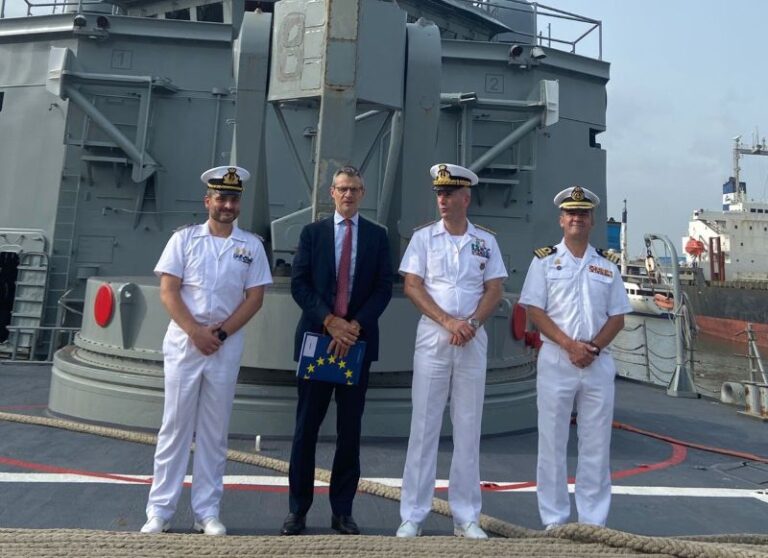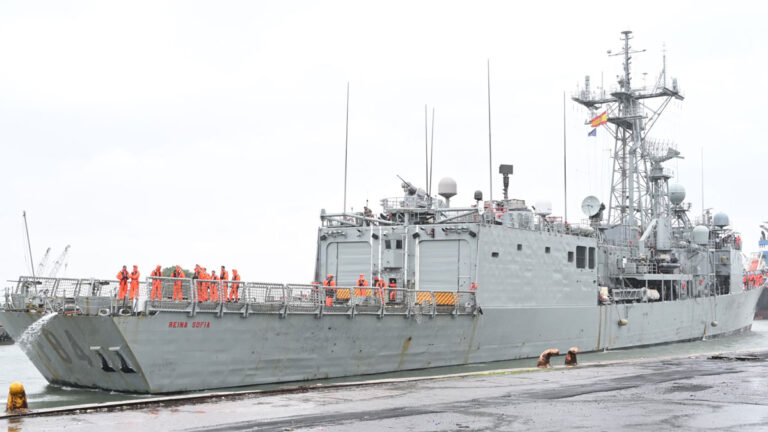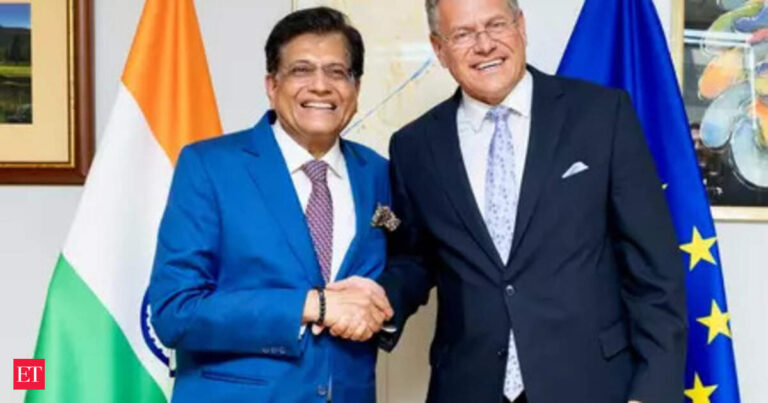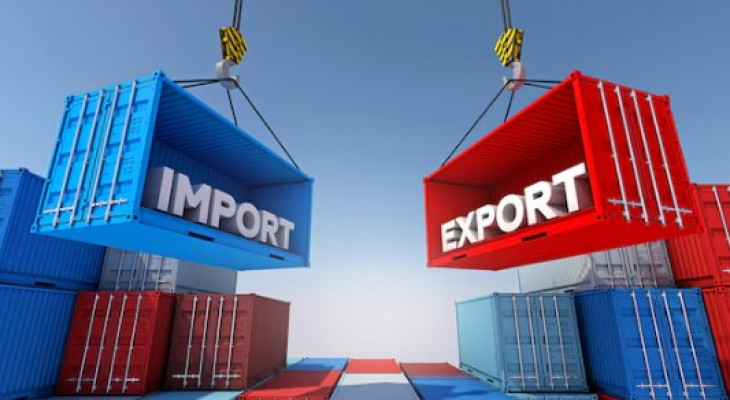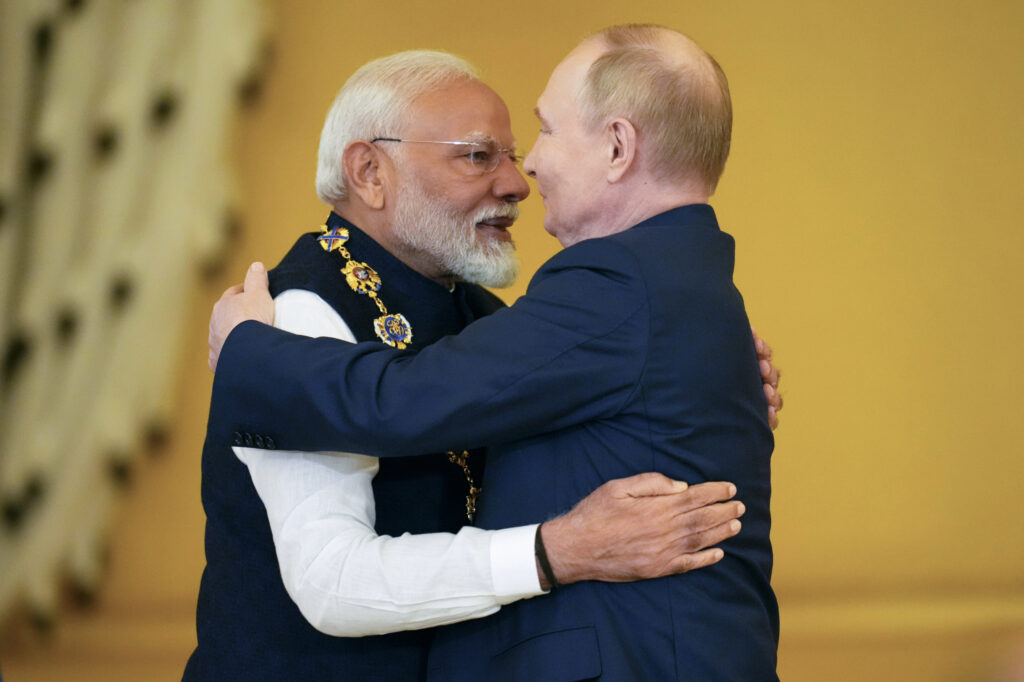
The recent of Narendra Modi visit in Russia was met with predictable disappointment in European capitals. The trip marked the Indian prime minister’s first international foray after his re-election in June, and his first to Moscow in nearly a decade. The sight of Modi in an embrace with Vladimir Putin has revived old concerns about India’s enduring ties with Russia and India’s sincerity. more recent promises build new partnerships in the West. Ukrainian President Volodymyr Zelenskyy was particularly blunt: describing Modi’s choice of destination is “a huge disappointment and a devastating blow to peace efforts.”
European and North American leaders, however, should not draw the wrong conclusions about India’s long-term trajectory. Modi’s decision is a reminder of his reluctance to abandon Russia. But he is also trying to strike a delicate balance between managing India’s historic ties with Moscow without deepening them. In fact, membership in the world’s advanced industrial democracies is now a major strategic priority for India – and one that presents geopolitical opportunities for Europe.
Moscow found itself on Modi’s itinerary for three main reasons. The political priorities were one, providing a high-profile and domestically popular international platform after a relatively disappointing election result for Modi. Second, there were more regular and practical issues related to the energy and weapons that Russia supplies to India. Finally, and most importantly, there were ever-growing concerns about China, which India’s security leaders now view as the most powerful country in the country. main security threat.
Policymakers in New Delhi are concerned that Moscow is increasingly dependent on Beijing. If India ever faced a military conflict with China, it would be forced to rely on Russia for military supplies and spare parts. In truth, there are few signs that India is succeeding in reducing Putin’s influence. structural dependence on Chinawhich is driven by the dynamic triggered by the invasion of Ukraine. But there are also few signs that New Delhi has used Modi’s trip to advance ambitious new Indo-Russian plans. US National Security Advisor Jake Sullivan at least seemed relaxed, noting the lack of “deliverables” in areas such as military and technological cooperation.
This reflects a shift in thinking within India’s national security establishment in recent years. New Delhi must continue to do what it can to limit Moscow’s drift towards Beijing, this line of analysis suggests. But he also recognizes that beyond fuel and munitions, India gets fewer and fewer rewards of its Russian partnership.
On the other hand, India’s engagement with the West has increased significantly. Relations with the United States are strengthening in areas such as defense And technology. India is developing important military partnerships with countries like France and Israellooking to wean ourselves off the Russian kit in the long term. In Asia, it has come closer to Australia, JapanAnd South Korea. Historically, India has tended to be cautious about deepening ties with the West and sympathetic to Russia. Today, the opposite is generally true.
Ursula von der Leyen’s hard-line language on China ‘deterrence’ will be welcome in New Delhi
Similar progress between India and Europe has been slower, in part because of divergent geostrategic priorities. India seeks cordial relations with Russia and wants to retaliate against China. Europe aims for the opposite. But the growing axis between Moscow and Beijing now constitutes a common source of concern in Brussels and New Delhi. The European Union’s increasingly tough approach towards China is also helpful in this area. Ursula von der Leyen recently published a political article guidelines for her second term as President of the European Commission. For the first time, these included pledges to seek to “deter” China – the kind of hard-line language that will be welcome in New Delhi.
None of this means that Europe’s relations with India will be easy. Long-standing European concerns about political values are now at least less of an obstacle. Indian voters earlier this year denied Modi an absolute parliamentary majority, reducing concerns about a democratic “backslide.” But Ukraine will remain a thorny issue, especially given the situation in India. role without commitment in peace talks and its refusal to support placing “territorial integrity” as an important element of future negotiations. So is India’s recent habit of testing international norms, evidently through failed assassination plots in both countries. WE And Canadatargeting suspected Sikh separatists.
European leaders should not worry about pointing out these challenges where they exist. If they refrain from doing so, Indian policymakers may feel they have been given a free pass because of Western appetite for closer relations with New Delhi. Yet, as ECFR has previously argued, there is now a significant opportunity to revive ties between Europe and India. Von der Leyen’s guidelines also included a commitment to developing a “new EU-India strategic agenda”, potentially heralding an ambitious new agenda ranging from economic security to critical and emerging technologies. And all this could be revealed at a major EU-India summit planned for early next year – a meeting likely to unveil far more substance than Modi’s recent modest visit to Moscow.
The European Council on Foreign Relations does not take a collective position. ECFR publications represent solely the opinions of their individual authors.
